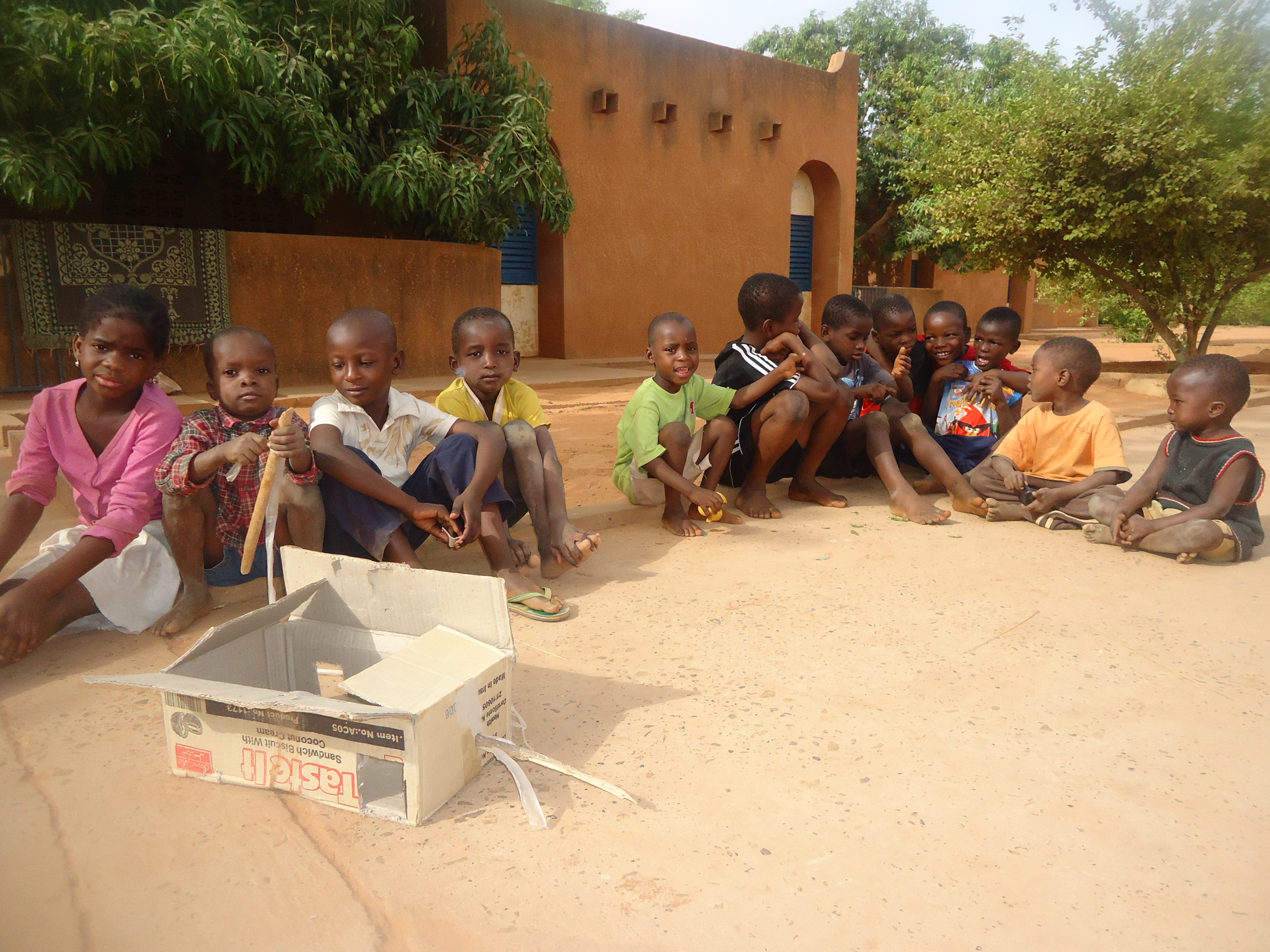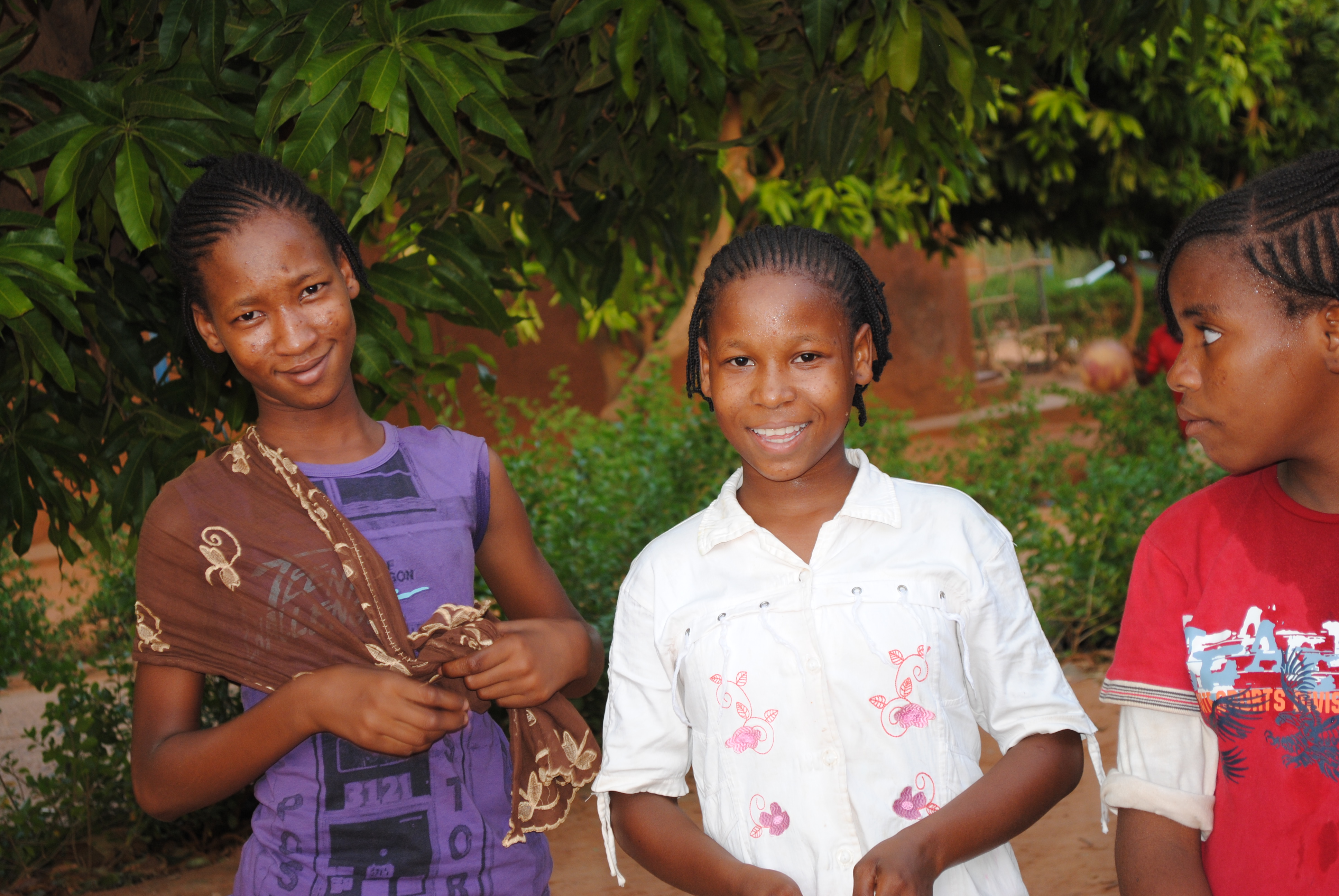Precarious conditions mean that children are deprived of their rights
.jpg?width=800)
Niamey is the capital of Niger and has a population of roughly 1.3 million. In just five years, from 2006 to 2011, the population of the city almost doubled due to the great influx of internal migrants from rural areas looking for work or fleeing from the famine caused by drought that seriously affects the rural areas of the country. But even without migration, there is a very high population growth in the city, meaning that a large proportion of Niamey’s inhabitants are young people and children.
This rapid urban expansion has led to the formation of numerous informal settlements where living conditions are often appalling and infrastructure and basic services are not available. Poverty reduction programmes have brought some improvements to the living conditions of the population, but food insecurity and the lack of proper housing continue to pose acute problems. Important services, such as schools or health clinics, often lack staff and funding to cover operating costs.
The majority of people also have no access to formal work and thus they scrape a living in any way they can, often resorting to begging in the streets of the city centre. Due to the destitute situation of many families, child labour also remains very common. Children are made to beg, often by religious instructors known as “marabouts”. Thousands of girls are forced into domestic servitude or sex work, and boys are found working in gold mines, agriculture and stone quarries.
Young girls are sold for marriage and trafficked to neighbouring countries, where they are subjected to bonded labour and sexual servitude, and have no means of escaping their situation. The trafficking of women also continues. Families in the region urgently need support so that their livelihood and family stability are safeguarded and they can live in dignity.
Support for all family members to ensure long-term stability
In 1993, SOS Children’s Village Niamey became the first programme we started in Niger. In cooperation with local authorities and other organisations, we work directly with families and communities with the aim of alleviating hardship and addressing their needs. We strive to empower them to effectively protect and care for their children.
To this end, our social centres in Niamey offer a family strengthening programme to support at-risk families. We extend assistance to families affected by tuberculosis, malaria, and HIV/AIDS, providing medical care, counselling, and organising information campaigns to raise awareness.
What we do in Niamey
_1.jpg?width=800)
For children from the region who are no longer able to live with their parents, twelve SOS families can offer a loving home for up to 120 children. They live with their brothers and sisters and are affectionately cared for by their SOS mother.
The children attend the SOS Kindergarten together with children from the neighbourhood. This way, it is ensured that they are integrated into the community from a young age. Around 170 children from Niamey attend the kindergarten. The children then go on to complete their primary education at the SOS Hermann Gmeiner School, which is attended by around 420 pupils.
Once young people living in SOS families are ready to move out of the family home and pursue further education, vocational training or look for work, they are supported by the SOS Youth Programme. We provide shared accommodation, where young adults learn to take responsibility and prepare for independent adult life, always supported by qualified SOS co-workers.